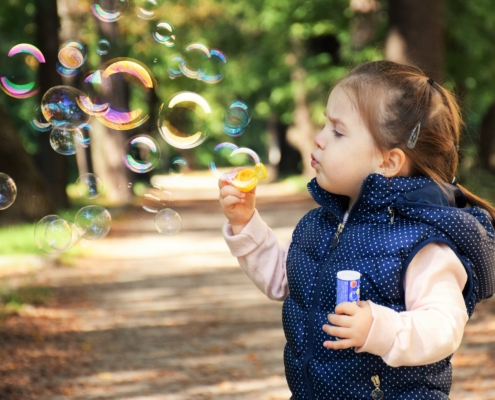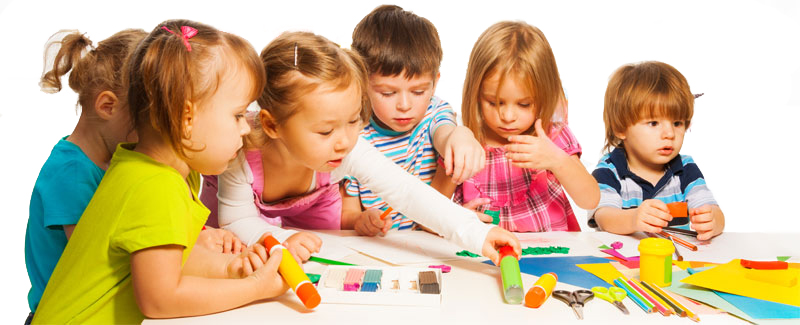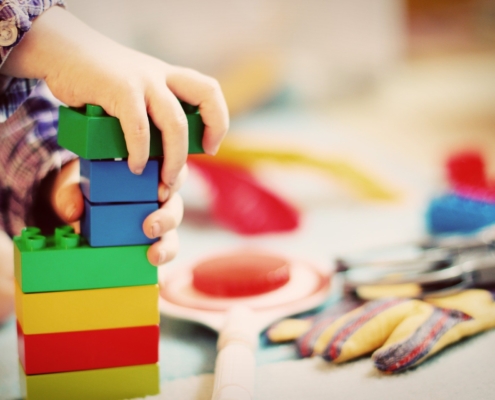 https://www.premieracademyinc.com/wp-content/uploads/2021/08/kid-1241817_1920.jpg
1439
1920
Premier-Admin
https://www.premieracademyinc.com/wp-content/uploads/2021/02/premierbiglogo-header.jpg
Premier-Admin2021-08-12 12:45:132025-12-10 19:27:14Helping Your Child Master the Skill of Playing Alone
https://www.premieracademyinc.com/wp-content/uploads/2021/08/kid-1241817_1920.jpg
1439
1920
Premier-Admin
https://www.premieracademyinc.com/wp-content/uploads/2021/02/premierbiglogo-header.jpg
Premier-Admin2021-08-12 12:45:132025-12-10 19:27:14Helping Your Child Master the Skill of Playing AlonePremier Academy Pre-K Childcare
Premier Academy is dedicated to the complete development of your child.
Is my child ready for school?
The most common question parents of preschool and pre-k kids ask of teachers, “What does my child need to know to go to school?” and “Is my child ready for Kindergarten?” Rest assured you are not alone. Research shows that children who attend high-quality childcare programs and are allowed to be active learners and most importantly, get to PLAY are well-prepared for school.
Spanish lessons for Preschool and Pre-K students:
Children acquire language very quickly in their Pre-K years and now is the ideal time to teach your child a second language. Studies have shown that when children acquire a second language alongside the acquisition of their native tongue they will become proficient in both much quicker. Our Spanish Language Program is developed with an eye toward introducing children of preschool age to the Spanish vocabulary they will likely encounter in their daily lives in our bilingual country. Children will learn Spanish through creative play, games, crafts and teacher-led lessons, all of which give your children the opportunities they need to practice their newly acquired language. Each month, a new topic is introduced to the class; including family, holidays, and the parts of the body, and the children will learn vocabulary associated with each topic. Students will create their own book of favorites as well. Our goal is to ignite an interest in learning Spanish, a skill that could open doors for them down the road.
Understand the Importance of Play
Everyone knows that kids love to play pretend. What some may not know is how important pretend play is to a child’s development.
An article from Kid Chenz, Benefits of Pretend Play and Why It’s Important for Child Development, talks about the wide-reaching effects of this type of play on a child’s cognitive, socio-emotional and language development.
Unfortunately, today’s children are so busy with structured activities, they have less and less time to simply play. This is troubling when you consider that pretend play goes a long way toward ensuring that a child becomes a well-rounded and happy adult.
The article offers four suggestions to encourage children to engage in pretend play:
- Follow the child’s lead and let them decide the rules.
- Give a child the opportunity to play on their own and with others.
- Encourage children to use toys in new and innovative ways.
- Talk to a child about nature and what is going on around them.
While playing is fun for kids, it also is serious business that is critical to a child’s health and development. From peek-a-boo to pat-a-cake and hide-and-seek to hopscotch, play enriches a child’s brain, body, and life in important ways.











